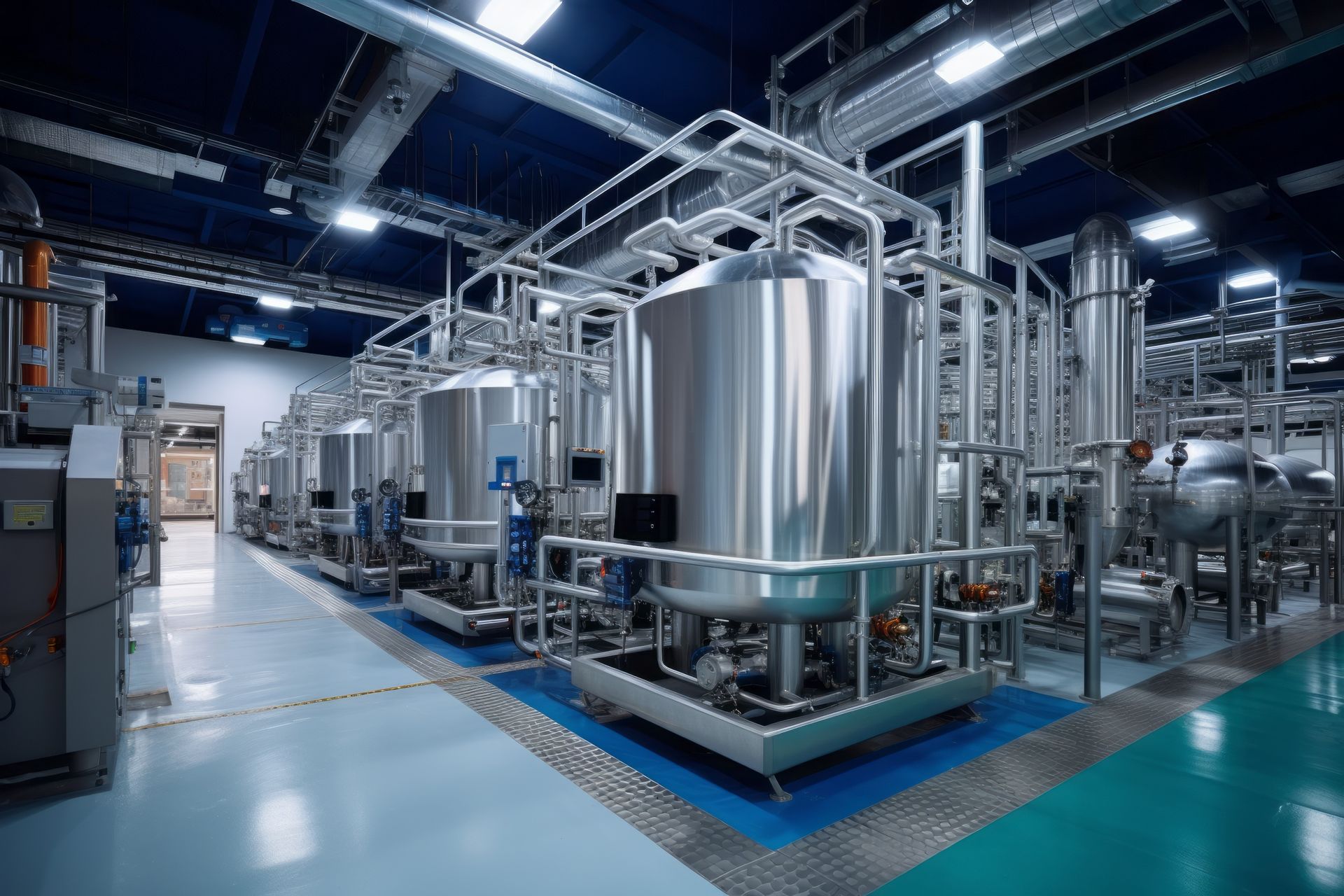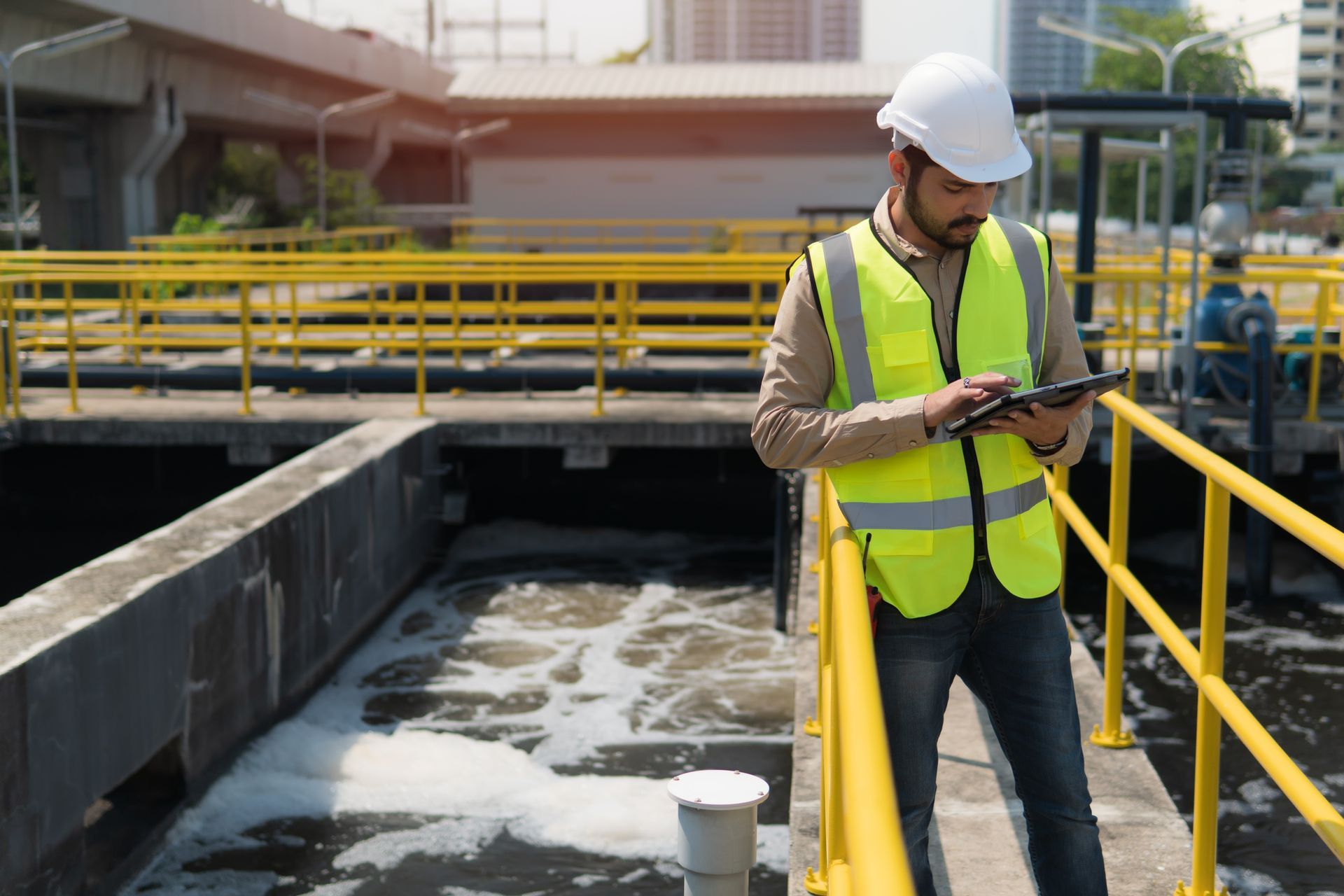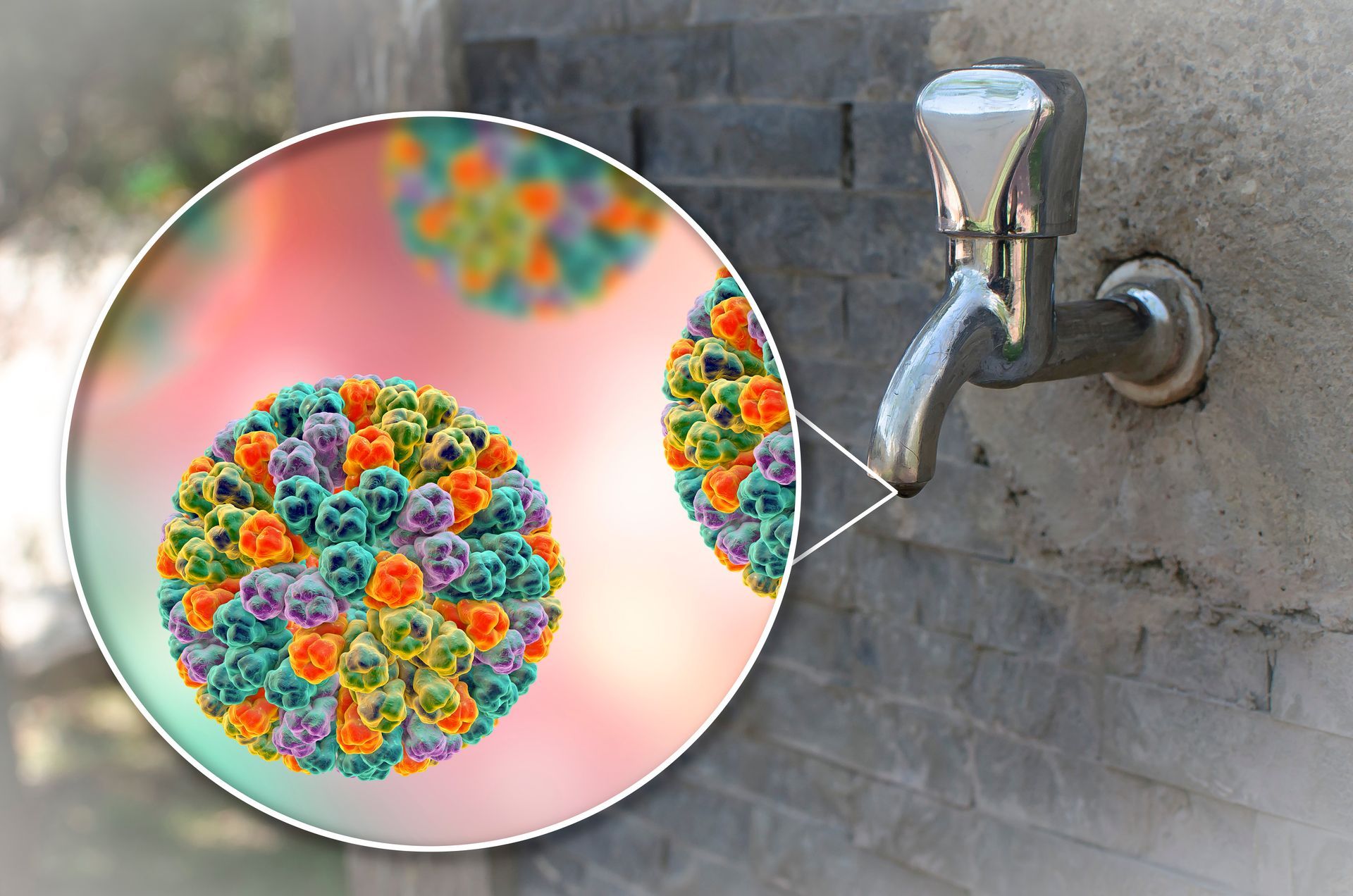Call Today for a FREE Quote
(404) 419-6887
Difference Between Primary, Secondary and Tertiary Treatment

Primary treatment is the initial phase in wastewater treatment, where large, suspended solids are removed from the water using screening. This stage removes about 50 to 70 percent of the suspended, coagulated pollutants present in water. As water passes through screens or grates, debris and large, insoluble particles settle to the bottom due to gravity, forming sludge that will later be digested and removed.
Grit chambers are also utilized in this stage to slow down the flow of water so that finer debris can be filtered out. This can be especially useful in cities like Atlanta that utilize a combined sewer system, which combines rainwater runoff, sewage and wastewater within the same pipe and carry a substantial amount of sand and silt as a result.
Secondary Treatment
While primary treatment deals with physical impurities, secondary treatment focuses on the hidden, biological contaminants in wastewater. This stage purges the water of pollutants by introducing microorganisms (primarily bacteria) into the water to break down and eliminate organic matter that escaped primary treatment. Treatment plants use various methods to facilitate the decomposition of pollutants, including:
- Activated Sludge Process: Aeration tanks pump microorganisms and oxygen into the wastewater to break down organic pollutants more efficiently. The remaining sludge settles in a secondary clarifier, where the activated sludge is allowed to settle down before it’s pumped into a hopper for removal.
- Trickling Filters: Wastewater is trickled over a deep bed of stones where microorganisms attached to the stones treat the water and absorb the dissolved contaminants.
- Oxidation Ponds: Wastewater is pumped into stabilization ponds. Sunlight, bacteria and algae are combined in these ponds to help facilitate photosynthesis and other natural processes that break down organic matter.
Tertiary Treatment
As the final stage, tertiary treatment is crucial to ensuring the water is safe for reuse. This involves filtering out any lingering impurities and killing off the microorganisms with disinfectants, such as chlorine. Sometimes, chemicals are added to coagulate the remaining contaminants, making them easier to remove.
Why Georgia Businesses Need to Worry About Wastewater Treatment
Grease traps, such as those in restaurants and commercial kitchens, are vital for preventing fats, oils and grease (FOG) from entering the wastewater system and making the treatment process more resource intensive and costly.
Without proper trapping, FOG can also create blockages, resulting in sewer clogs and overflows. FOG is responsible for about half of the clogs in Atlanta’s sewage system. If your business is found to be responsible for a clog, it could lead to a costly fine and even legal penalties if a customer or employee develops a waterborne illness[1] as a result.
Why Choose Southern Green Industries for Grease Trap Cleaning and Waste Fryer Oil Disposal
At Southern Green Industries, we understand the significance of grease traps in preventing FOG from entering the wastewater system. Our team works hard to reduce Georgia businesses’ risk of clogs and backups with our specialized grease trap cleaning services to guarantee optimal performance. Because we have our own wastewater processing facility, we can offer you a lower price on responsible grease trap cleaning and waste fryer oil recycling services than many of our competitors.
We’ll help you stay in the good graces of city and county regulators by providing thorough manifests proving that certified and licensed experts have maintained your grease trap. Our team makes staying in accordance with city regulations easy by providing you with all the paperwork you need in multiple formats (printed, emailed, etc.). We’ll even send the manifests to your inspector on your behalf.
You don’t even have to worry about contracts to receive quality services. We strive to offer flexible grease trap cleaning, whether you want a recurring service or just a one-off appointment.
Never Worry About Sewer Backups From FOG Clogs Again
Receive prompt and reliable grease trap cleaning and waste oil recycling with minimal disruption to your business with Southern Green Industries. Call us today at (404) 419-6887 to learn more or to receive a free quote.
Link to "Waterborne Illnesses Water Treatment Plants Can Prevent" blog
Recent Blog Posts
Contact us Today for a FREE Quote
We are committed to making grease trap cleaning and fryer oil recycling as clean and easy as possible. If you’d like to learn more about our services or get a quote, give us a call at (404) 419-6887.
Southern Green Industries is an Atlanta owned and operated grease trap cleaning and fryer oil recycling company operating in Atlanta and throughout the entire state of Georgia.
All Rights Reserved | Southern Green Industries | Built by REV77



